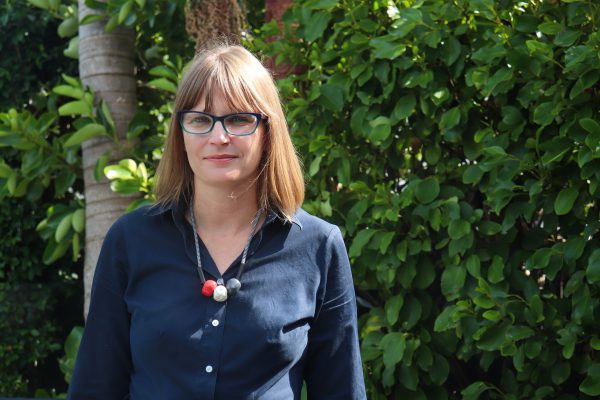Historian and journalist Dick Scott who uncovered the darker side of colonialism and the treatment of Māori has died at 96 years old.
In his book Ask That Mountain, he is credited for opening up people’s eyes around colonisation and bringing what happened at Parihaka and the non-violent Māori resistance to European occupation to the attention of Pākehā.
Ask That Mountain, a revision of The Parihaka Story, was published in 1975 and was seen by many including historian Dr Jock Phillips as a turning point for many historians who started looking at both sides of the story.
/arc-anglerfish-syd-prod-nzme.s3.amazonaws.com/public/W32LMXKFCVDJNADAHFRIBVBN4Q.jpg)
New Zealand historian and author Dick Scott has died aged 96. Photo / Massey University
“These two books may seem very different in focus, but share a theme of emphasising peoples’ power to resist oppression and build movements to sustain and support their own interests. In 2020 these themes are as relevant as they ever were.At his graduation Scott said his first book The Parihaka Story “
It was his best piece of work because it uncovered the truth about Māori that had been buried.
“I don’t have any Māori blood but I did want to correct the record. I was able to tear off a few blankets of the cover up,” he said at the time.
Scott grew up on a farm at Whakarongo near Palmerston North and attended Palmerston North Boys High School before enrolling in a Diploma of Agriculture at Massey University to become a journalist.
But after joining the Communist Party and reading about socialism he started working as a journalist.Scott moved to Auckland, residing in Mt Eden in his later life, and continued to write about the historic events in Auckland.
He was awarded the Prime Minister’s Award for Literacy Achievement (Non-Fiction) in 2007 and awarded an Honorary Doctorate from Massey’s College of Humanities and Social Sciences in 2016.




